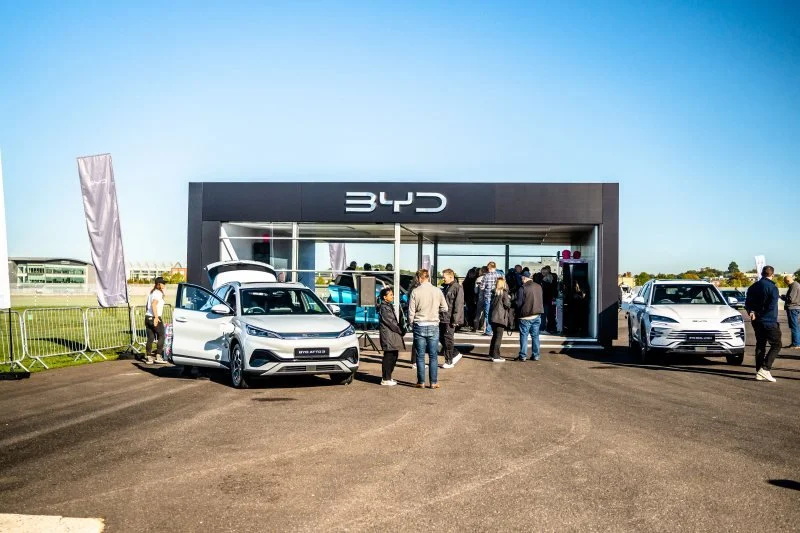We love a bargain – but at what cost?
The news that the UK is now BYD’s largest global export market (September sales were 11,270 units for a market share of 3.6%) has historical echoes. In the 1970s and 80s, us Brits were very partial to bargain basement cars: Lada (Russia), Polski Fiat (you can guess) and pre-VW Skodas all sold very well here, and the UK briefly took Proton (Malaysia) to its heart when they sold old Mitsubishi designs at Eastern Bloc prices, before they swapped to selling Eastern Bloc quality at Japanese prices, and sales promptly collapsed.
However, the growth of the Chinese has been unprecedented (it would be nice if something these days actually was precedented). Their combined market share so far this year is 8.7%, and in September it was 12.4%. That means twice as many people bought a Chinese car as a Ford last month. To put it another way, the established brands from Europe/Japan/South Korea have an available UK market of around 1.8 million cars to fight over in 2025, compared to 2.7 million a decade ago.
Back in the 1980s, the British government dealt with the threat of the Japanese, who then had 11% of the UK market, by persuading them to open factories here. The UK was subsequently described as a “Japanese aircraft carrier off the coast of Europe” by the then Peugeot-Citroen boss, the fabulously irascible Jacques Calvet. Post-Brexit, that avenue is now a dead-end, so Britain is either going to have to suck it up, or impose tariffs. The EU imposed tariffs of up to 45.3% on Chinese EVs in 2024, and Chinese market share in the EU is now lower than the UK (5.5% in August, the latest available month). The Chinese are also building factories in the EU, which was undoubtedly part of the EU’s plan.
As the foreign policy of the British government is, “This is no time to be making new enemies”, tariffs on Chinese EVs seem a long way off. Given global turbulence and the fragile state of the British economy, the government’s approach is entirely understandable. Britain is not part of a major trading bloc, so the government wants to stay friends with the EU, US and China - a tricky balancing act.
From the Chinese point of view, the UK is big enough to absorb lost EV sales in the EU, but not big enough to justify manufacturing. The Chinese have made it clear that they are not interested in European manufacturing outside the Single Market and, given EU tariff policy, it is not hard to see why. Meanwhile UK consumers get the benefit of cheaper EVs – unless that consumer happens to have a job dependent on the UK automotive supply chain.

